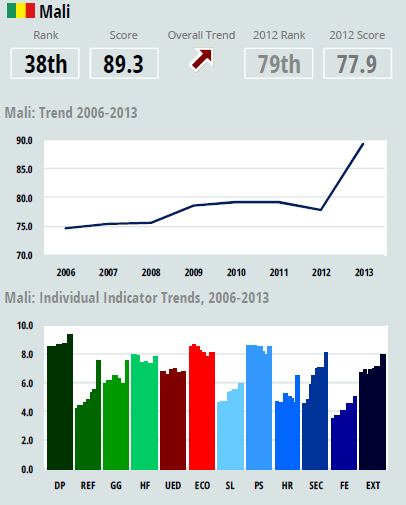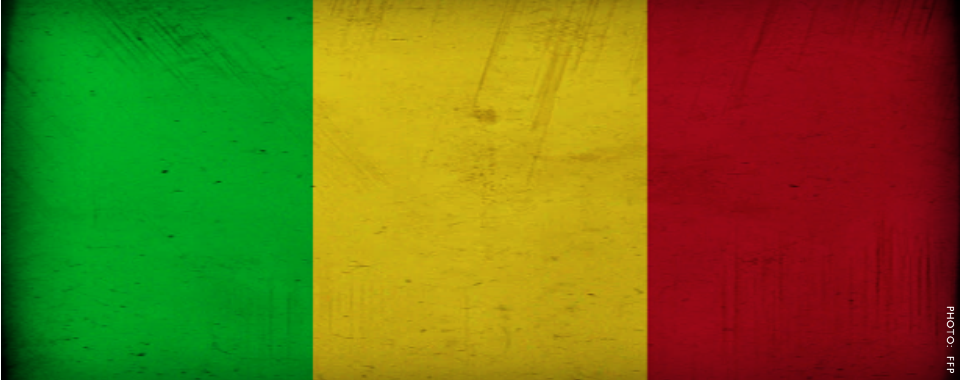BY SEBASTIAN PAVLOU
 2012 saw Mali’s embroilment in a series of compounding political, security and humanitarian crises.
2012 saw Mali’s embroilment in a series of compounding political, security and humanitarian crises.
An armed conflict has broken out in northern Mali since January 16, 2012 involving several insurgent groups rebelling against the Malian government for the independence of the northern region of Azawad.
Further complications arose when Malian soldiers, dissatisfied over the handling of the crisis, ousted Mali’s President Touré in a coup d’état on March 21st. Widely condemned by the international community, the coup led to harsh sanctions by Mali’s neighbors and the military chain of command collapsed. This allowed the National Movement for the Liberation of Azawad (MNLA) – the rebel group that led the Tuareg rebellion in January – to swiftly take control of the northern region by April 2012.
Islamist insurgents, that had initially backed the MNLA, expanded their presence in the country’s vast, Saharan North imposing strict Sharia law. Incapable of reconciling conflicting goals, the MNLA began fighting against Islamist groups, including Ansar Dine and Al Qaeda in the Islamic Maghreb (AQIM), and ultimately lost control of most of northern Mali’s cities by July 2012.
In response to Islamist territorial gains, a second coup d’état in December, and a request from the Malian government for help in repelling insurgent advances toward the south, the French launched military operations on January 11th, 2013.
Compounding the political and security crises is a humanitarian crisis with six million people at risk of food insecurity .
